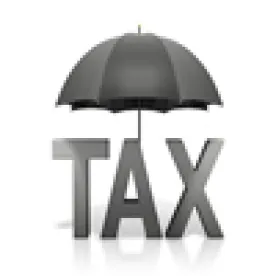Last week, in a unanimous ruling, the Illinois Appellate Court for the Fourth District declared that a state law granting property tax exemptions to hospitals was unconstitutional. The Fourth District’s ruling could have ramifications for a number of Illinois hospitals, but it remains to be seen whether the decision will be reviewed by the Illinois Supreme Court.
The case originated when a hospital system, after being assessed a tax bill by its local jurisdiction, sought a declaratory judgment from the circuit court that it was exempt from taxation under 35 Ill. Comp. Stat. Ann. 200/15-86. That law, which was passed in 2012, granted a property tax exemption to a hospital so long as the amount of charity care provided by the hospital in a given year was greater than the hospital’s property tax liability during that year. The circuit court sided with the hospital and issued the requested declaratory judgment. The Illinois Department of Revenue, joined by a number of townships and counties, appealed.
On appeal, the Fourth District analyzed the property tax exemption law in the context of Article IX, Section 6, of the Illinois Constitution. Section 6 authorizes the Illinois General Assembly to enact legislation granting a property tax exemption to “property used exclusively for . . . charitable purposes.” The Fourth Circuit found that although 35 Ill. Comp. Stat. Ann. 200/15-86 required a hospital to provide some charitable services, the statute did not mandate that the hospital property be used exclusively for charitable purposes, in accordance with Section 6 of the Illinois Constitution. Because the law broadened the property tax exemption beyond what was permitted under the Illinois Constitution, the Fourth District declared the property tax exemption law unconstitutional on its face.
The loss of this property tax exemption could have a tremendous impact on hospitals across the state of Illinois. It is unclear if the plaintiff hospital will appeal the Fourth District’s decision, but is it likely that this contentious matter may ultimately need to be resolved by the Illinois Supreme Court.
The full opinion in Carle Foundation v. Cunningham Township, 2016 IL App (4th) 140795 is available here.




 />i
/>i

